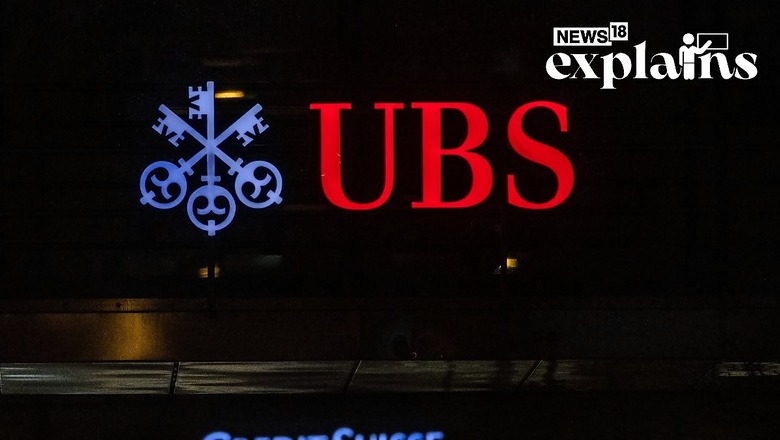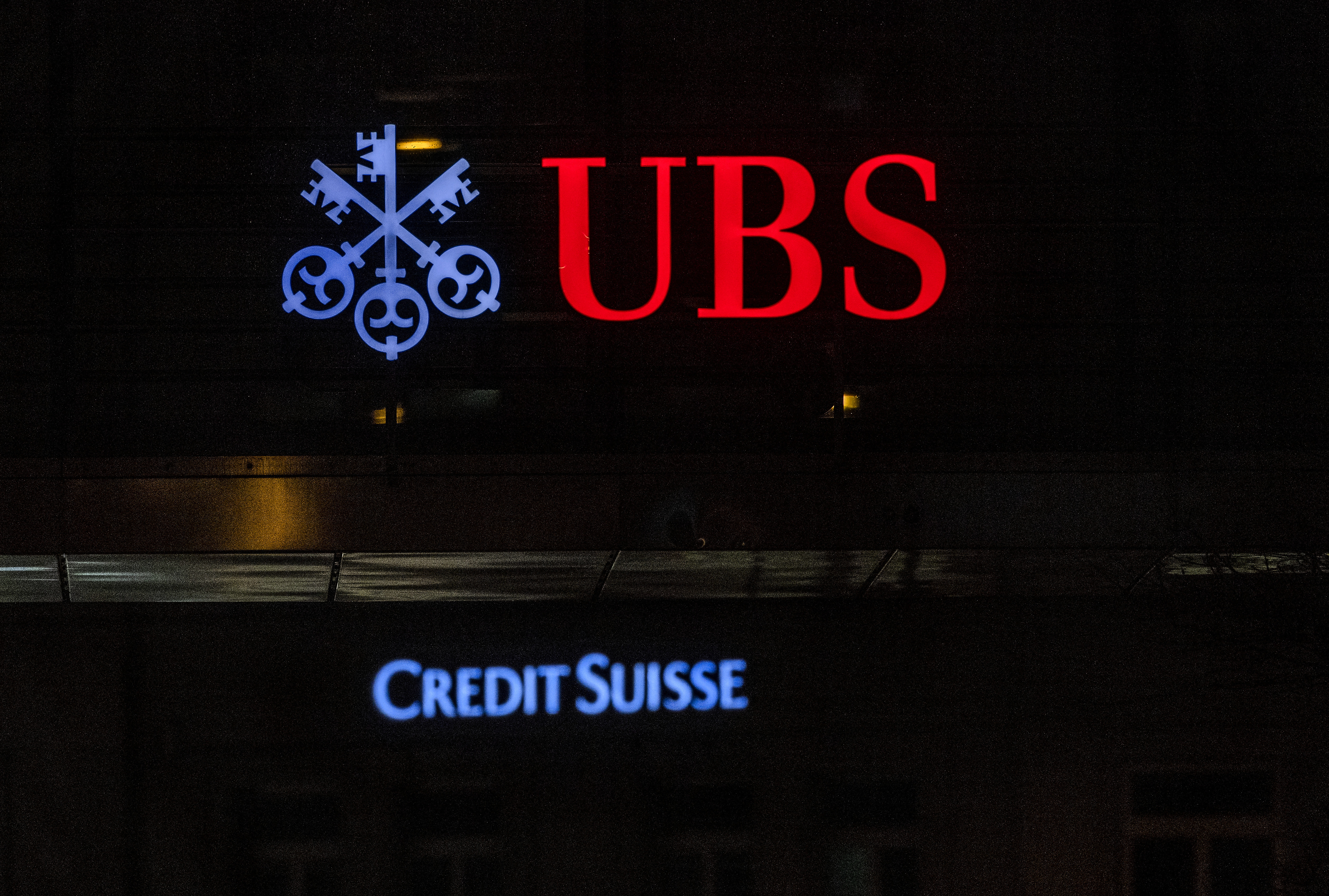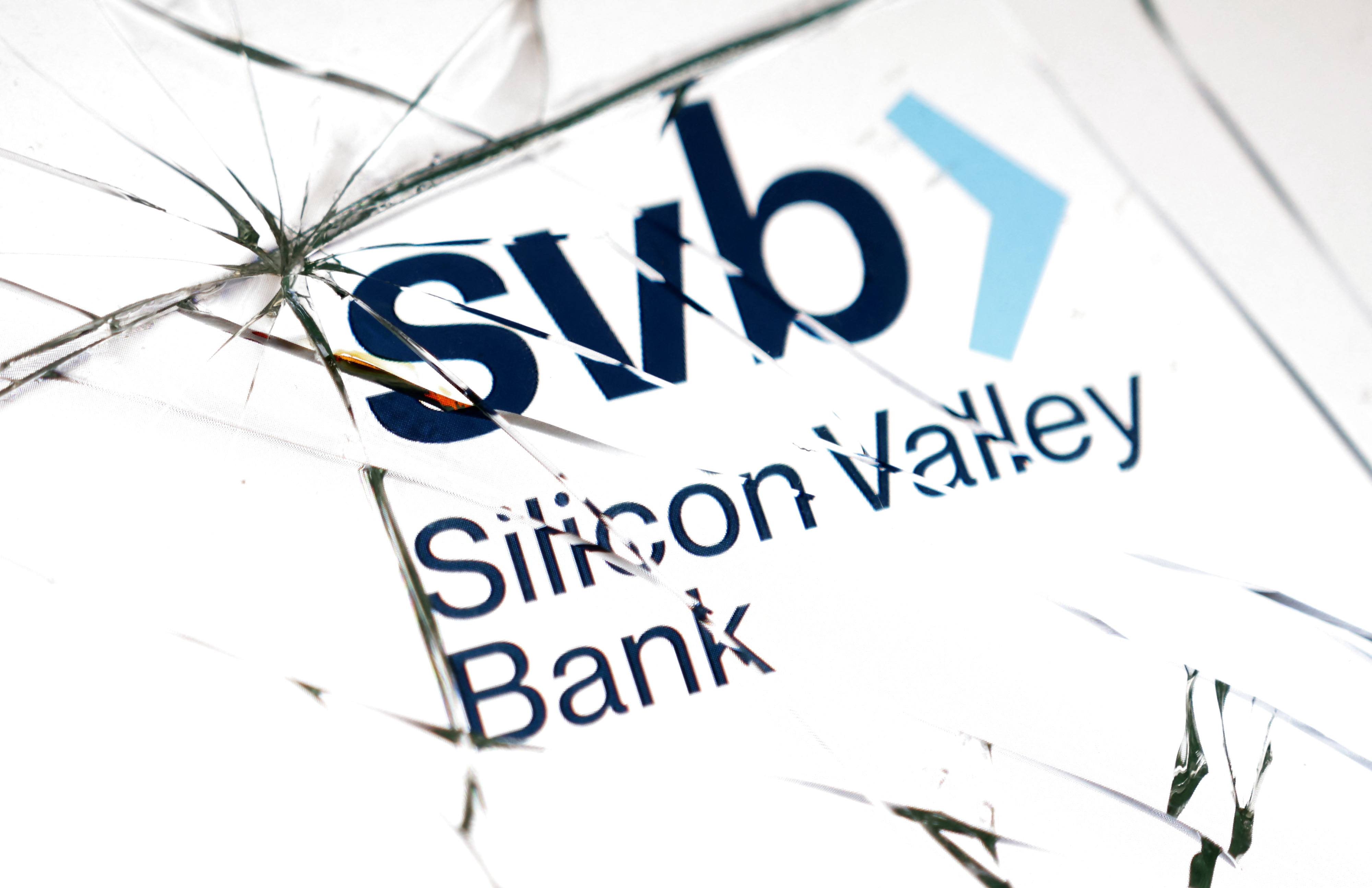
views
Banking giant UBS is set to take over its troubled Swiss rival Credit Suisse for $3.25 billion following weekend crunch talks aimed at preventing a wider international banking crisis. However, Asian equities sank Monday on lingering worries about the sector.
The deal, in which Switzerland’s biggest bank will take over the second largest, was vital to prevent economic turmoil from spreading throughout the country and beyond, the Swiss government said.
The move was welcomed in Washington, Frankfurt and London as one that would support financial stability, after a week of turbulence following the collapse of two US banks. Shares of Credit Suisse and other banks plunged after the failure of the two banks in the US, which raised questions about other potentially shaky global financial institutions.

About Credit Suisse
Credit Suisse is among 30 financial institutions known as globally systemically important banks, and authorities worried about the fallout if it were to fail.
The deal was “one of great breadth for the stability of international finance,” Swiss President Alain Berset said as he announced it Sunday night. “An uncontrolled collapse of Credit Suisse would lead to incalculable consequences for the country and the international financial system.”
Switzerland’s executive branch, a seven-member governing body that includes Berset, passed an emergency ordinance allowing the merger to go through without shareholder approval.
The combination of the two biggest and best-known Swiss banks, each with storied histories dating to the mid-19th century, amounts to a thunderclap for Switzerland’s reputation as a global financial center — putting it on the cusp of having a single national banking champion.

The deal follows the collapse of two large U.S. banks last week that spurred a frantic, broad response from the U.S. government to prevent further panic.
A Global Banking Crisis?
On March 10, the biggest bank failure in the United States since the global financial crisis occurred in real time, as a major lender to the technology industry fell to a classic bank run, says a report by CNN.
Customers of Silicon Valley Bank were hastily withdrawing funds from the California-based institution before US regulators intervened to seize control. But, the collapse frightened markets, adding to the pain felt by weaker financial institutions already dealing with the unexpected repercussions of rising interest rates and self-inflicted wounds.

A week later, a second US regional bank, Signature Bank, has been closed, a third, First Republic Bank (FRC), has been propped up, and the first big threat to a global financial institution since 2008, Credit Suisse, has been averted when it was taken over by UBS.
Details About the Deal
European Central Bank President Christine Lagarde lauded the “swift action” by Swiss officials, saying they were “instrumental for restoring orderly market conditions and ensuring financial stability.”
She reiterated that the European banking sector is resilient, with strong financial reserves and plenty of ready cash. The banks “are in a completely different position from 2008” during the financial crisis, partly because of stricter government regulation, she said.
The Swiss government is providing more than 100 billion francs to support the takeover.
As part of the deal, approximately 16 billion francs ($17.3 billion) in Credit Suisse bonds will be wiped out. European bank regulators use a special type of bond designed to provide a capital cushion to banks in times of distress. The bonds are designed to be wiped out if a bank’s capital falls below a certain level, and that was triggered by the government-brokered deal.
Berset said the Federal Council had been discussing Credit Suisse’s troubles since early this year and held urgent meetings last week.
Preventing 2008 in 2023?
Investors and banking industry analysts were still digesting the deal, but at least one analyst suggested the deal might tarnish Switzerland’s global banking image.
“A country-wide reputation with prudent financial management, sound regulatory oversight, and, frankly, for being somewhat dour and boring regarding investments, has been wiped away,” said Octavio Marenzi, CEO of consulting firm Opimas LLC, in an email.
The Financial Stability Board, an international body that monitors the global financial system, designated Credit Suisse as one of the world’s important banks, meaning that regulators feared a collapse could ripple throughout the financial system like that of Lehman Brothers 15 years ago.
The Credit Suisse parent bank is not part of European Union supervision, but it has entities in several European countries that are.
Credit Suisse’s troubles resurfaced after it reported managers had identified “material weaknesses” in its internal controls on financial reporting. That fanned fears it would be the next domino to fall. Many of its problems are unique and unlike the weaknesses that brought down Silicon Valley Bank and Signature Bank. Their failures led to significant rescue efforts by the Federal Deposit Insurance Corp. and the Federal Reserve to prevent a crisis similar to what occurred in 2008.
Credit Suisse’s shares plunged Wednesday to a record low after its largest investor, the Saudi National Bank, said it wouldn’t invest any more money in the bank to avoid tripping regulations that would kick in if its stake rose about 10%.
On Friday, its shares dropped 8% to close at 1.86 francs ($2) on the Swiss exchange. The stock has seen a long downward slide: It traded at more than 80 francs in 2007.
UBS is bigger but Credit Suisse still wields considerable influence, with $1.4 trillion assets under management. It has significant trading desks around the world, caters to the rich through its wealth management business, and is a major mergers and acquisitions advisor. The bank did weather the 2008 financial crisis without assistance, unlike UBS.
Credit Suisse is seeking to raise money from investors and roll out a new strategy to overcome an array of troubles, including bad bets on hedge funds, repeated shake-ups of its top management and a spying scandal involving UBS.
Associated Press, AFP contributed to this report
Read all the Latest Explainers here
















Comments
0 comment